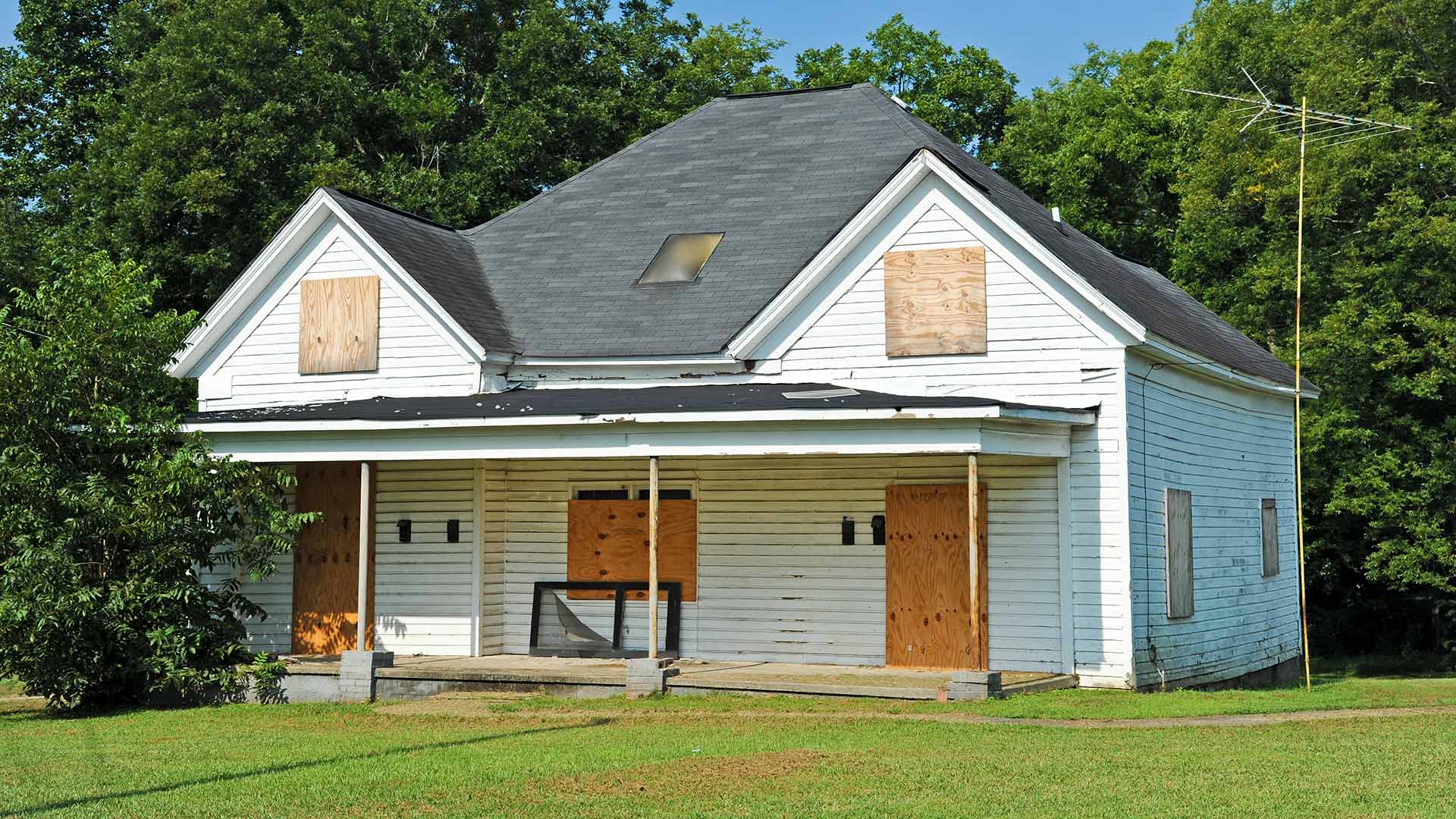
House flipping themed TV programs show the transformation of a house in shambles into a beautiful dream home — in a half-hour. The process looks easy enough and may inspire you to join the house-flipping game.
However, this can end badly if you don't do your research and fully understand the process.
If you want to learn how to start flipping houses, you need to know the basics so you can set realistic expectations.
Here's a crash course on the process.

Find the Time — and Energy
If you want to start flipping houses, make sure you have enough time to invest in such a hefty project. Unless you're independently wealthy and don't have to work, you'll have to juggle flipping a house around your real job.
The other option is to go all in and quit your current job to have more time. However, if you're new to flipping houses, that's not an ideal choice.
If you do the work in addition to a full-time job, you'll need to commit weekends and evenings toward renovations to complete the project in a timely manner.
Even if you have the time, don't forget about energy! You can only do so much before you burn out. This why it's important to balance your time and energy for flipping houses.

Secure Financing
Often, people need help to buy a house. If you have decent credit, you could seek a conventional loan or a real estate crowdfunding loan.
A conventional loan is offered through a bank, credit union or mortgage company, as opposed to a government entity such as the Federal Housing Administration and U.S. Department of Veterans Affairs.
Crowdfunding loans, on the other hand, pull money from a pool of investors; they are also known as peer-to-peer lenders.
If you have poor credit, your options may be limited to hard money and private lenders. Hard money lenders provide short-term loans (like a year, for instance) at a much higher cost than conventional loans.
Both hard money and private lenders care more about the potential value of a house than the credit score or experience of the borrower.
If you do have poor credit, it's in your best interest to take the steps necessary to regain good credit so you can secure a conventional loan. Hard money loans carry high risks and short terms; if the renovated house doesn't sale before the term ends, a project that should have been profitable could end in financial ruin.

Determine Your Budget
Before you check classifieds and real estate listings for a house to purchase, you need to fully understand your budget.
How much money are you willing to spend on purchasing the home and how much will go toward renovations (including work from contractors and specialists)?
This may have been determined at the loan prequalification stage, depending on your lender. But many house flippers go with the 70 percent rule, which says an investor or buyer should pay up to 70 percent of the expected after repair/renovation value for a home minus the cost of repairs.
However, some experienced flippers caution against the rule, because it often results in offering a lower price to the seller, which is particularly a problem in a seller's market, and could cost you the deal.
The 70 percent rule is flexible as it's based on predictions and estimations. However, it is a good rule of thumb to stick to, especially when you're first learning how to flip houses.
Source: https://todayshomeowner.com/how-to-start-flipping-houses-and-make-a-profit/
Posted by: wanetawanetafeuerborne0269439.blogspot.com

0 Comments